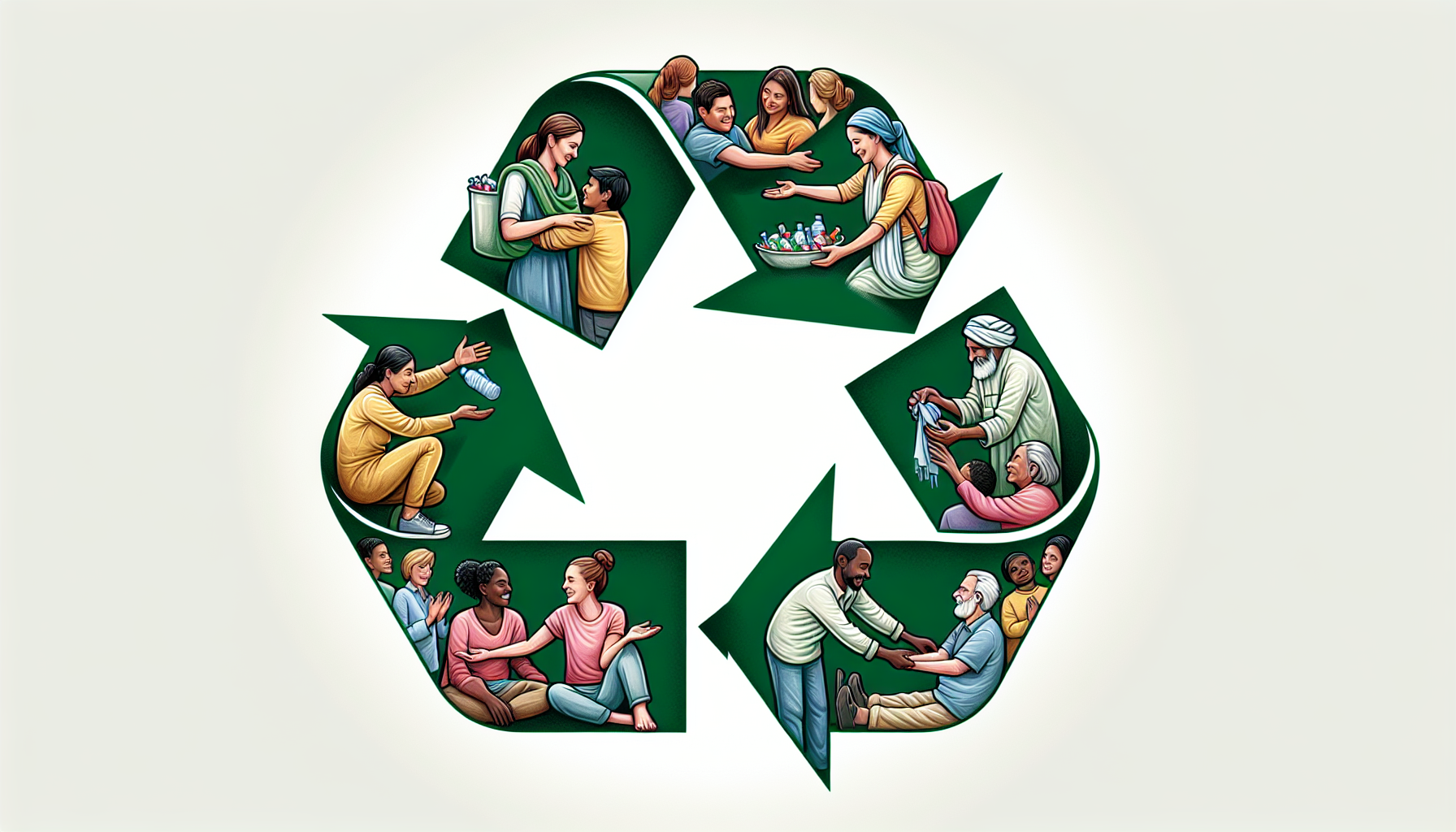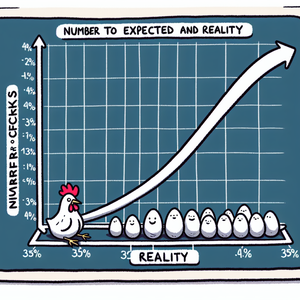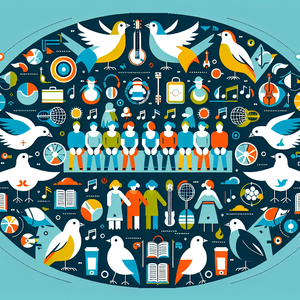The Role of Technology in Sustainable Livestock Management

One of the most impactful advancements in sustainable livestock management is precision farming, which utilizes data analysis to optimize farming practices. Sensors and IoT (Internet of Things) devices gather real-time data on animal health, feeding behavior, and environmental conditions. For instance, wearable technology can monitor vital signs of livestock, allowing farmers to detect illnesses early and reduce the need for antibiotics. This not only enhances animal welfare by ensuring timely intervention but also addresses growing consumer concerns about antibiotic use in meat production. Moreover, precision feeding systems utilize algorithms to analyze data and provide tailored nutrition to animals based on their specific needs. This minimizes waste and reduces feed costs, leading to more sustainable resource use. For example, a dairy farm that implemented precision feeding reported a 15% reduction in feed costs while improving milk production efficiency. Such data-driven approaches are crucial for maximizing productivity while minimizing environmental impact.
Drone Surveillance: Enhancing Monitoring and Management
Drones are increasingly becoming a common sight in agricultural settings, and their applications in livestock management are proving invaluable. Equipped with cameras and sensors, drones can survey large areas of grazing land, monitor herd movements, and assess the health of animals from above. This aerial perspective allows farmers to identify issues such as overgrazing or water sources that need attention, enabling proactive management. A notable case is seen in extensive grazing operations where ranchers use drones to locate cattle in remote areas, reducing the time and labor required for herd management. By using drones, farmers reported a significant decrease in operational costs and an increase in time efficiency, allowing them to focus on more strategic aspects of their operations. The ability to monitor large tracts of land quickly enhances the overall management of livestock and contributes to sustainable pasture utilization.
Blockchain Technology: Ensuring Traceability and Transparency
In an era where consumers are more conscious of sourcing and ethical practices, blockchain technology emerges as a game-changer in livestock management. This decentralized ledger system allows for transparent tracking of livestock from farm to table. By documenting every step of the supply chain, farmers can provide verifiable information about animal welfare practices, feed sources, and environmental impact. For example, several farms have adopted blockchain to create a traceable system for their organic beef products. This transparency not only bolsters consumer trust but also positions sustainably sourced products favorably in the marketplace, often allowing farmers to command higher prices for their goods. With consumers increasingly prioritizing ethical consumption, blockchain technology offers a competitive edge for those engaged in sustainable practices.
Automated Systems: Streamlining Operations
Automation is another technological advancement that significantly enhances sustainable livestock management. Automated feeding and watering systems ensure that animals receive the right amount of nutrition and hydration without waste. These systems can be programmed to adjust based on environmental conditions and animal needs, thus optimizing resource use. Additionally, robotic systems for milking dairy cows have gained traction, improving efficiency and reducing labor costs. Research indicates that farms utilizing robotic milking can increase milk yields while maintaining high standards of animal welfare, as cows are milked at their convenience, reducing stress. The implementation of automated systems not only enhances productivity but also supports the well-being of the animals, aligning with sustainable practices.
The intersection of technology and sustainable livestock management is paving the way for a more efficient, humane, and environmentally friendly approach to farming. From precision farming that enhances animal health to drone surveillance that streamlines management processes, the innovations in this field are not only addressing the challenges of modern agriculture but also providing solutions that benefit farmers, animals, and consumers alike. Embracing technologies such as blockchain and automation will be crucial in ensuring that livestock production can meet the needs of a growing population while preserving the planet for generations to come.
Precision Agriculture Data Analyst
Agricultural technology companies, large-scale farms, and research institutions
Core Responsibilities
Analyze data collected from sensors and IoT devices to optimize livestock health and feeding practices.
Develop algorithms for precision feeding systems to enhance nutrient delivery and minimize waste.
Collaborate with farmers to interpret data and implement recommendations for improved productivity.
Required Skills
Proficiency in data analysis tools (e.g., Python, R, or specialized agricultural software).
Strong understanding of livestock nutrition and farming practices.
Excellent communication skills for collaborating with non-technical stakeholders.
Agricultural Drone Operator
Large ranches, agricultural consulting firms, and drone service providers
Core Responsibilities
Operate drones equipped with cameras and sensors to monitor livestock and assess land conditions.
Analyze aerial data to identify issues such as overgrazing, herd health, and resource availability.
Train farm staff on drone operation and data interpretation for effective farm management.
Required Skills
Knowledge of drone piloting regulations and safety protocols.
Familiarity with aerial imaging software and data analytics.
Strong observational skills and the ability to make quick decisions based on aerial data.
Blockchain Specialist in Agriculture
Food production companies, agricultural tech startups, and supply chain management firms
Core Responsibilities
Develop and manage blockchain systems to track livestock from farm to market, ensuring transparency and traceability.
Collaborate with farmers and supply chain partners to implement blockchain solutions that enhance product integrity.
Analyze data from the blockchain to improve operational efficiency and consumer trust.
Required Skills
Expertise in blockchain technology and smart contracts.
Strong understanding of agricultural supply chains and market dynamics.
Excellent problem-solving skills and the ability to work with diverse stakeholders.
Automated Systems Technician
Dairy farms, livestock operations, and agricultural equipment manufacturers
Core Responsibilities
Maintain and troubleshoot automated feeding and watering systems for livestock.
Implement updates and improvements to robotic milking and monitoring technologies.
Train farm staff on the operation and maintenance of automated systems.
Required Skills
Technical proficiency in automation technologies and mechanical systems.
Knowledge of livestock management practices and animal welfare standards.
Strong analytical skills to assess system performance and troubleshoot issues.
Sustainable Livestock Manager
Organic farms, livestock management companies, and agribusiness firms
Core Responsibilities
Oversee livestock operations with a focus on implementing sustainable practices and improving animal welfare.
Utilize data-driven approaches to enhance feeding, breeding, and health management.
Educate staff on sustainable practices and compliance with environmental regulations.
Required Skills
Strong background in animal husbandry and sustainable agriculture.
Leadership skills and experience in managing farm operations.
Familiarity with regulatory standards related to livestock production and sustainability.


